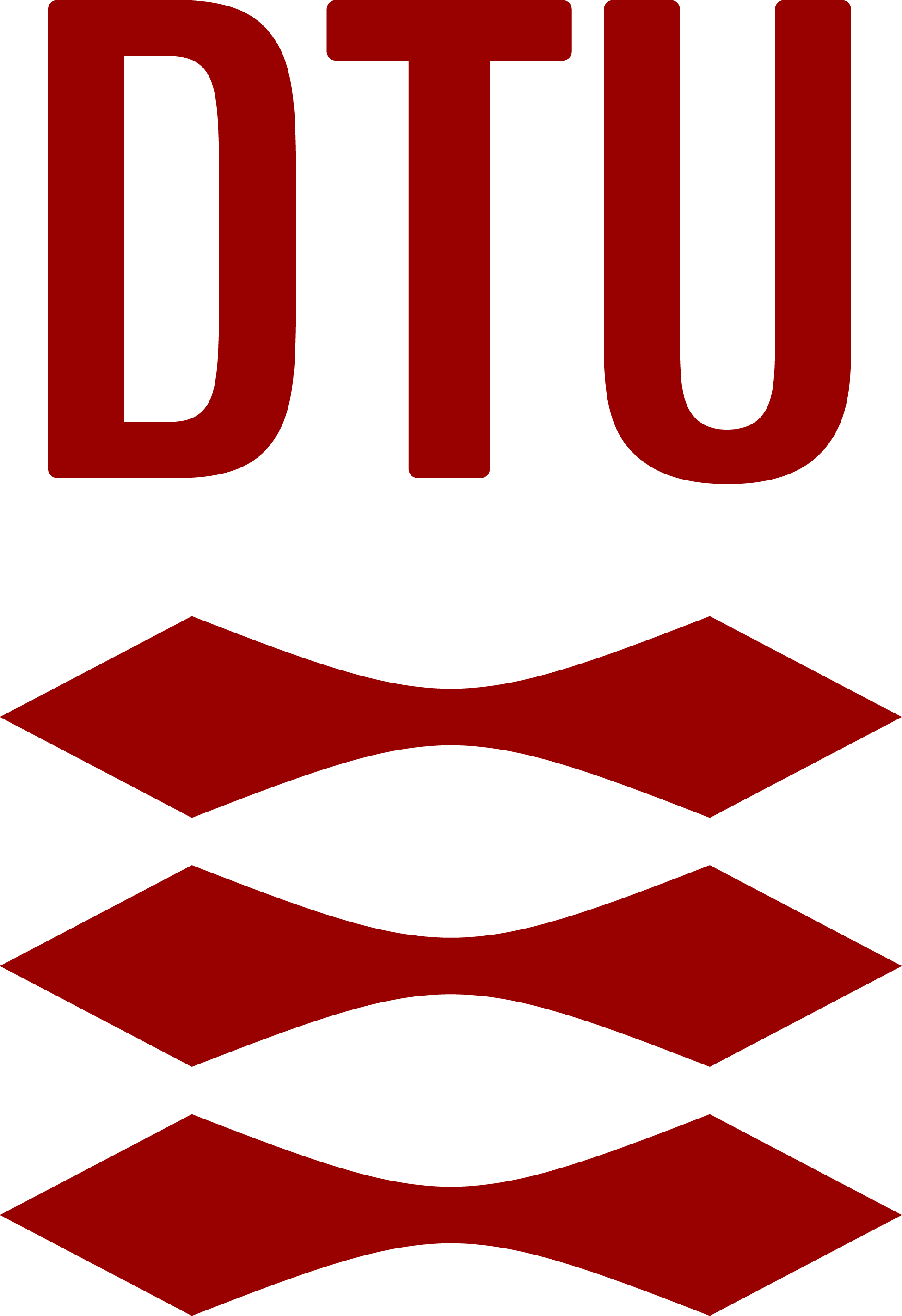About this course
In this course, the student will get an introduction to Density Functional Theory (DFT) as one of the most used computational tools to study fundamental processes in materials for energy conversion and storage (batteries, nanocatalysts, fuel cells, photovoltaics, etc.). In the first half of the course, the students will learn the basics of the atomistic description of materials and electronic structure and the fundamentals of DFT. The second part is more practical. The students will first learn which properties can be calculated using DFT, how to bridge these quantities with the measured properties from experiments, and how to implement methodologies to automate and accelerate the design of novel materials. The course focuses on applying DFT through dedicated exercises, with limited technical details about the methodology used.
Learning outcomes
A student who has met the objectives of the course will be able to: , • Describe the basics of computer simulations with a focus on Density Functional Theory and the quantities that can be calculated , • Describe the physics behind key applications for energy materials , • Interpret and adapt computer scripts for calculating physical properties of materials , • Identify descriptors for an accelerated materials discovery approach , • Create links between experimental results and simulations , • Apply high-throughput techniques to a given data set to find novel materials , • Perform atomic scale computer simulations of identified materials for energy applications , • Identify problems and solutions related with computer simulations and materials discovery.
Enrolment details
The course is an e-learning course composed of lectures, exercises, and a final project. The organised teaching activities run from 10.00 to 12.00. Time for individual/group work is flexible.
Examination
Oral examination consisting of questions on the project report and course curriculum.
Course requirements
Basic concepts from physics and chemistry
Activities
The course combines lectures with tutorials and computational exercises. The examples will cover different applications within energy conversion and storage challenges.
Additional information
- Institution locationAnker Engelunds Vej 1, Online
- More infoCoursepage on website of Technical University of Denmark
- Contact a coordinator
- CreditsECTS 5
- LevelMaster
- Contact hours per week4
- InstructorsIvano Eligio Castelli, Piotr de Silva
- Mode of instructionOnline - at a specific time
Offering(s)
Start date
7 February 2025
- Ends12 May 2025
- Term *Spring 2025
- LocationOnline
- Instruction language
Enrolment period closed
